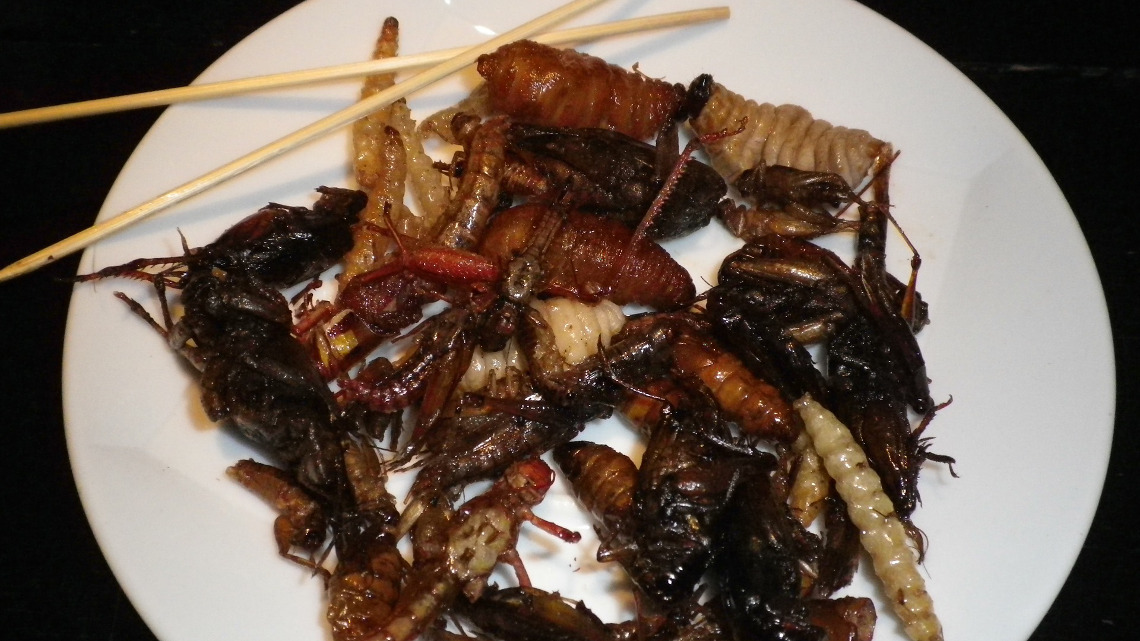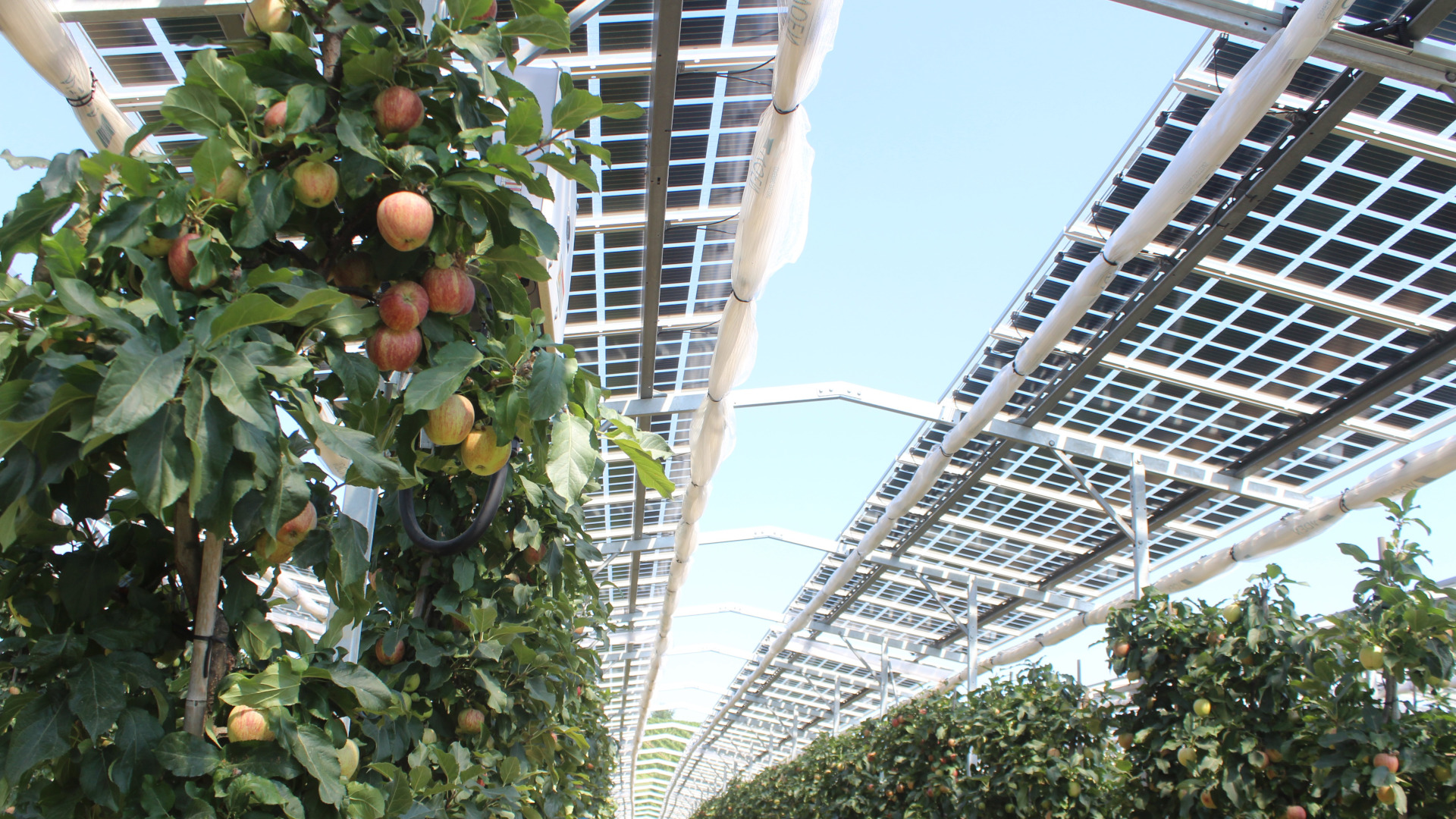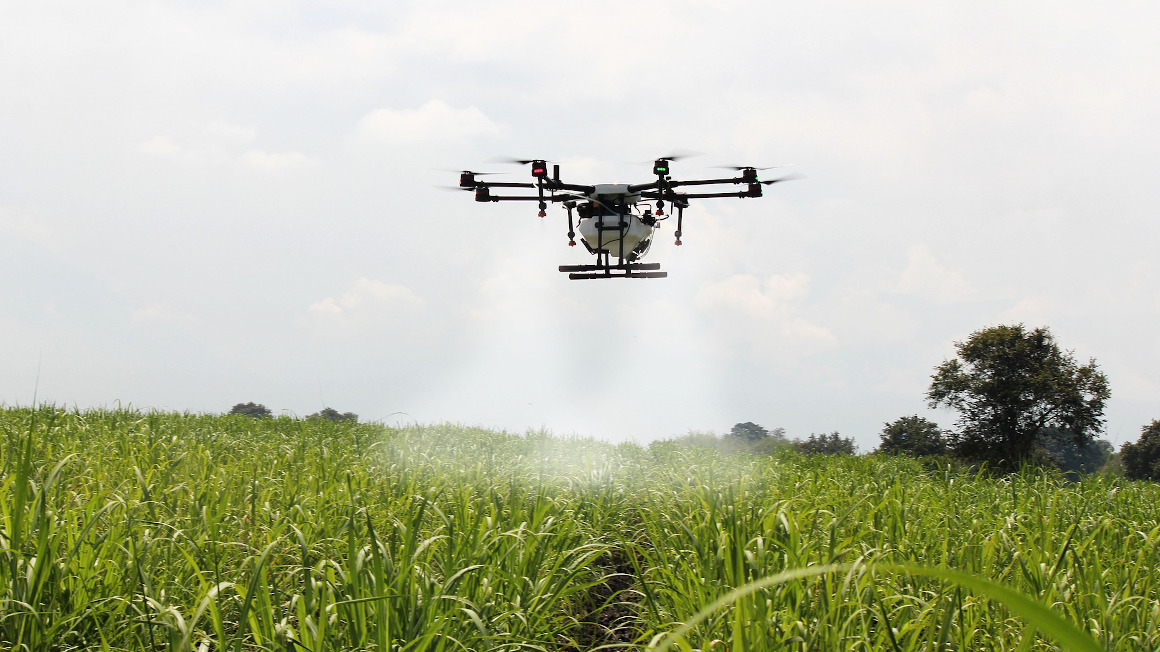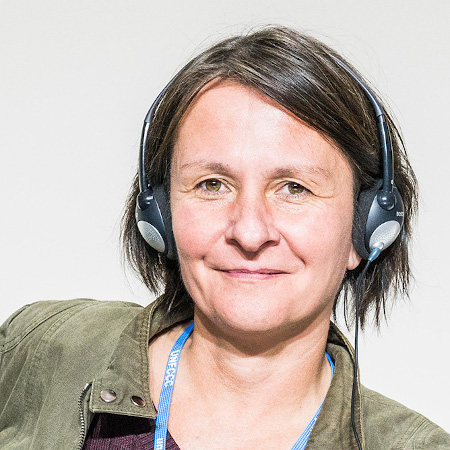Insect food: Creating acceptance with trust
More information on the benefits of insects as food and their sustainable production can help to minimise reservations, as an EU country study shows.

Insects have long been part of the diet in many countries. They are not only rich in proteins, minerals and vitamins. They are also relatively easy to keep and produce significantly fewer greenhouse gases than pigs or cattle. Insects have been authorised as food in the European Union since 2018. However, flour beetles, migratory locusts, house crickets and buffalo worms may only be dried or powdered and processed into bread, pasta or crisps. In view of a constantly growing world population, insects could make a contribution to a healthy and sustainable diet. As part of the EU research project "Sustainable Insect Chain" (SUSINCHAIN), an international research team involving the Technical University of Berlin has investigated the extent to which insects are accepted as food.
The survey focussed on Italy, Portugal and Germany. A total of 500 people between the ages of 18 and 65 were surveyed. As part of the study, the participants first had to choose between meatballs consisting mainly of grasshoppers and mealworms and classic meatballs made from chicken fed with insects.
Hardly any acceptance for food made from insects
This showed that food made from insects is still not very popular. Acceptance of meat from insect-fed chickens was only slightly higher than for meatballs made solely from insects. "However, we also wanted to find out whether and how acceptance could be increased," says Mariam Nikravech, research associate at the TU in the Department of Education for Sustainable Nutrition and Food Science, who was responsible for the representative study.
The participants therefore received additional information – for example on the protein content and sustainable production of insects. In Portugal, this additional information led to a higher acceptance of meat substitutes made from mealworms. In Italy, the information on sustainability only had a positive effect on the acceptance of mealworms. In Germany, this improved the acceptance of insect-fed chicken and grasshoppers. "In contrast, the reference to the insect protein content did not boost acceptance in either Germany or Italy," summarises Nikravech.
Trust is crucial for acceptance
According to the researchers' findings, trust plays a key role in the acceptance of insects as food. "People who consider food made from insects to be safe, i.e. do not consider them to be harmful to health, are more likely to buy such food," says the political scientist.
However, the fact that insect-based foods are an expression of a modern, urban lifestyle did not impress Germans, Portuguese and Italians. 64% of Germans and 58% of Portuguese said they never ate insects. To the researchers' surprise, the group of "never-takers" in Italy was very small at just 2%. There is still no explanation for this difference.
Information as a lever for rethinking
According to the survey, disgust and fear of getting sick from insects were the most common reasons for rejection. However, even with this group, the researchers were able to lower the barrier of strict rejection somewhat with additional information. "It was mainly the information that insects are richer in proteins and minerals than meat that made the 'never-takers' more open," says Mariam Nikravech. The research team is therefore convinced that additional information is definitely a lever to improve the acceptance of insects as food in Europe.
bb


